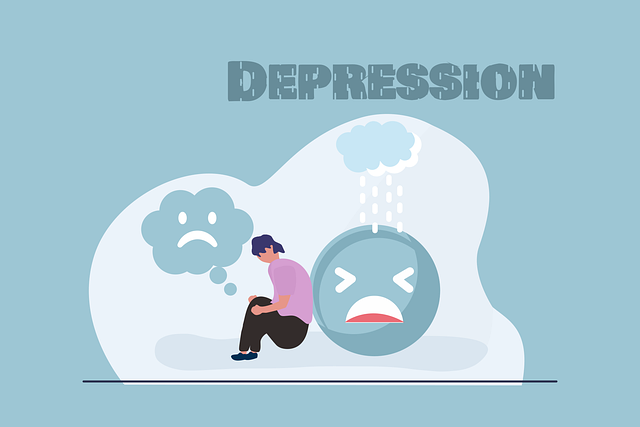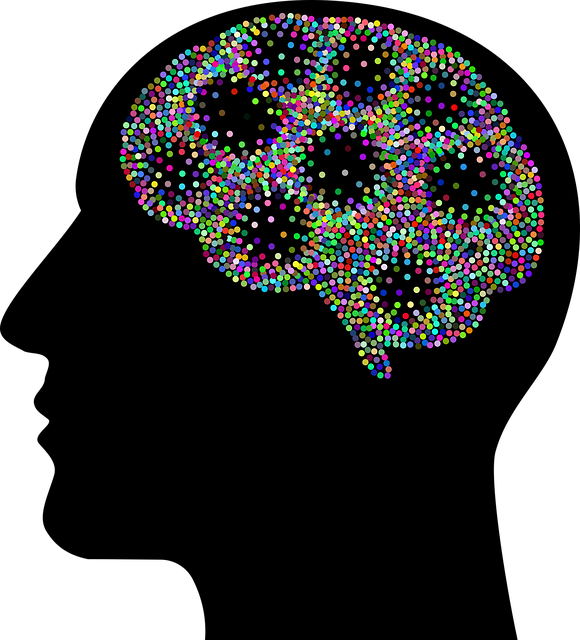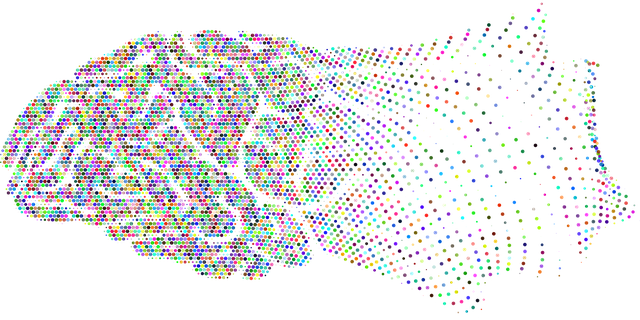Cultural sensitivity is crucial in modern mental healthcare, especially for treating eating disorders like those seeking Golden Eating Disorders Therapy. By understanding and respecting diverse cultural beliefs, values, and traditions, mental health professionals create inclusive environments that foster trust and effective tailored treatment plans. This approach integrates trauma support services addressing cultural trauma impacts on mental wellbeing. Adopting culturally sensitive practices involves adapting therapy approaches, encouraging dialogue about cultural norms, and implementing robust risk management planning to create safe healing spaces, promoting healthy self-care routines. The 'Golden Rule' emphasizes understanding diverse contexts and tailoring approaches to clients' backgrounds, ensuring both symptom relief and addressing cultural influences on mental health.
Cultural sensitivity is an essential aspect of providing effective mental healthcare, especially when addressing issues like eating disorders. In today’s diverse society, understanding and respecting cultural contexts can significantly impact treatment outcomes. This article explores cultural sensitivity in mental healthcare practice, focusing on eating disorders. We delve into the influence of cultural beliefs, offer strategies for culturally competent practices, and present case studies showcasing successful navigation of cultural barriers in therapy, particularly emphasizing the golden rule: treating each individual with respect for their unique cultural context.
- Understanding Cultural Sensitivity in Mental Healthcare
- The Impact of Cultural Beliefs on Eating Disorders
- Golden Rule: Respecting Individual Cultural Contexts
- Strategies for Culturally Competent Practice
- Case Studies: Navigating Cultural Barriers in Therapy
Understanding Cultural Sensitivity in Mental Healthcare

Cultural sensitivity is a cornerstone in modern mental healthcare practice, recognizing and respecting the diverse beliefs, values, and traditions that shape individuals’ experiences and interactions with their minds and bodies. It’s about creating an environment where everyone feels seen, heard, and understood, regardless of their cultural background. This approach is especially vital when addressing eating disorders, such as those seeking Golden Eating Disorders Therapy, ensuring that treatment plans are tailored to meet the unique needs of each individual.
By integrating cultural sensitivity, mental health professionals can offer Trauma Support Services that acknowledge and address the impact of cultural trauma on mental wellbeing. This involves cultivating emotional intelligence, enabling practitioners to detect and respond appropriately to cultural nuances during therapy sessions. Emphasizing this aspect enhances the overall effectiveness of Emotional Healing Processes, fostering trust and engagement from diverse clientele.
The Impact of Cultural Beliefs on Eating Disorders

Cultural beliefs play a significant role in shaping individuals’ perceptions and experiences of eating disorders. What may be considered a healthy body image or appropriate dieting practices in one culture can vary greatly from another. For instance, some cultures emphasize collective well-being over individual achievement, impacting how they view food and bodily appearance. In contrast, individualistic societies might promote thinness as a symbol of success, leading to higher rates of disordered eating.
Understanding these cultural nuances is essential in Golden Eating Disorders Therapy. Mental health professionals must be adept at navigating diverse perspectives on body image, dieting, and self-care. This sensitivity involves adapting therapy approaches, encouraging open dialogue about cultural beliefs, and promoting trauma support services when relevant. By integrating these considerations into practice, therapists can create a safe space for individuals from various backgrounds to heal and develop healthy self-care routines for better mental health, while also implementing robust risk management planning.
Golden Rule: Respecting Individual Cultural Contexts

In the realm of mental healthcare, the Golden Rule—respecting individual cultural contexts—is paramount. Understanding and embracing cultural diversity ensures that therapy remains inclusive and effective, especially when addressing issues like eating disorders. Cultural sensitivity necessitates that therapists adapt their practices to align with clients’ backgrounds, beliefs, and values, rather than imposing a one-size-fits-all approach. This involves active listening, open communication, and a willingness to learn about different cultural perspectives on mental health and well-being.
By applying this principle in Golden Eating Disorders Therapy, practitioners can create safe spaces that foster trust and engagement. Recognizing the interplay between cultural identity and eating disorders allows for tailored interventions that address both the symptoms and underlying cultural factors. Moreover, integrating knowledge from Mental Health Policy Analysis and Advocacy ensures that these therapeutic approaches are not only culturally sensitive but also evidence-based and aligned with broader healthcare policies promoting inclusivity and equality in mood management and depression prevention.
Strategies for Culturally Competent Practice

Cultural sensitivity is a cornerstone of effective mental healthcare practice, especially when addressing issues like eating disorders, which often have complex cultural underpinnings. One key strategy for culturally competent care involves fostering an environment that respects and embraces diversity. This includes educating both staff and clients about different cultural beliefs, values, and practices related to mental health. For instance, promoting positive thinking and stress reduction methods should be done with an understanding of how these concepts are interpreted across various cultures.
Additionally, implementing community outreach programs can significantly enhance cultural sensitivity. Engaging with local communities, especially those representing diverse ethnic, racial, and socioeconomic backgrounds, allows for a deeper understanding of the unique challenges they face regarding mental health. This approach not only improves access to Golden Eating Disorders Therapy but also ensures that interventions are culturally tailored, making them more effective and beneficial for all individuals seeking treatment.
Case Studies: Navigating Cultural Barriers in Therapy

In the realm of mental healthcare, cultural sensitivity is a crucial aspect that often determines the effectiveness of therapy. Case studies illustrate that many individuals from diverse ethnic and cultural backgrounds face unique barriers when seeking treatment, particularly for conditions like eating disorders. For instance, a study focusing on Golden Eating Disorders Therapy revealed that patients from non-Western cultures may exhibit different symptoms and express them in distinct ways, challenging therapists to adapt their approaches.
Navigating these cultural hurdles requires healthcare providers to embrace burnout prevention strategies, such as self-care and stress management techniques. Mental health awareness campaigns play a vital role in breaking down stereotypes and promoting understanding. By recognizing and addressing cultural barriers, therapists can create a more inclusive environment, fostering open communication and enhancing the overall therapeutic experience for all patients.
Cultural sensitivity is paramount in mental healthcare, especially when addressing complex issues like eating disorders. As therapists, respecting individual cultural contexts and understanding the impact of cultural beliefs can significantly enhance treatment outcomes. By applying culturally competent strategies, professionals can create a safe space for clients, fostering open dialogue and effective therapy, particularly in cases of Golden Eating Disorders. Navigating these cultural barriers is not just beneficial but essential for providing inclusive and successful therapy.











